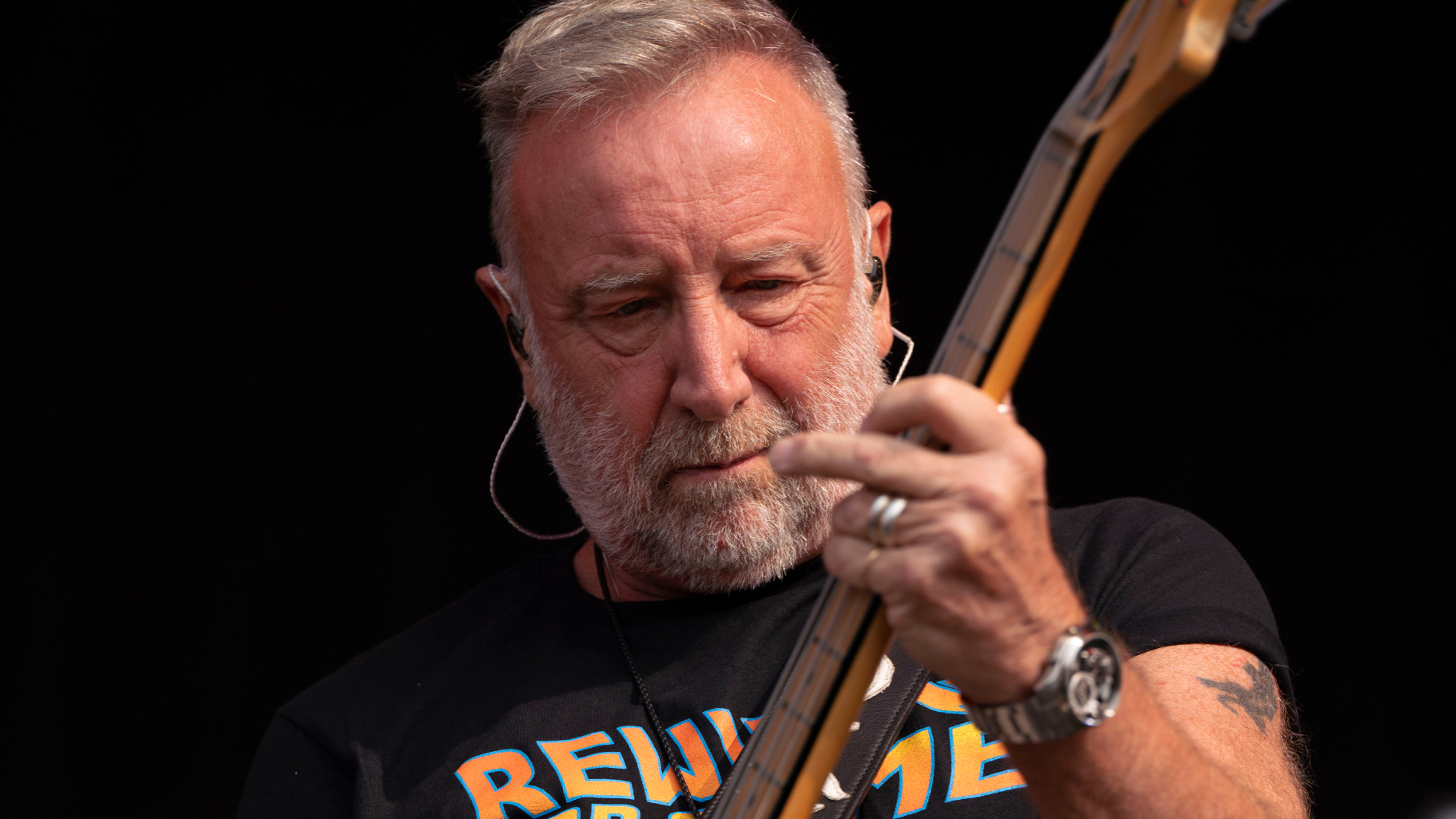Esthero stops her song to protest against low royalties from streaming services
The Canadian singer-songwriter interrupted the Spotify version of her new track to say the figures don't add up to a liveable wage

Canadian singer-songwriter Esthero has made a dramatic protest against the royalties paid by streaming services by stopping her new track Gimme Some Time halfway through to encourage listeners to buy the music direct from her site.
As first reported in Music Ally , the streaming version of Gimme Some Time is muted around a minute-and-a-half in as Esthero makes a speech detailing how little artists get paid per play on services such as Spotify. She then asks listeners to visit her site to pre-order her new ten-inch vinyl single, Baby Steps, which includes the full version of Gimme Some Time as a b-side plus the track as a digital download.
"It’s really hard as an independent artist to make money, and Spotify and other streaming services only pay about .003 to .008 cents per stream." says Esthero over the muted track. "It’s really not a liveable income. So once again, I really hope you enjoy my music, and I hope you enjoy it enough to actually go and support and buy the song from me."
Esthero is based in Los Angeles and came out of the LA trip-hop scene in the 1990s. She has collaborated with the likes of Kanye West, André 3000 and Sean Lennon.
Helienne Lindvall, who is an award-winning professional songwriter and chair of songwriters committee and board director of Ivors Academy spoke about Esthero's protest on BBC Radio 5 Live this afternoon.
While acknowledging the convenience of streaming media, Lindvall said that the numbers did not add up for the artists, and that the situation Esthero referred to concerned master royalties for recording artists – songwriters who wrote but did not perform on a track get even less of a share.
Lindvall said the economics of streaming don't work. "To make the same amount of money you would make from a download, the person who is listening to the track would have to listen to track at least 200 or 300 times," she said. "Sometimes more than that. I challenge anybody to listen to a track that many times, even if it is your favourite track."
Get the MusicRadar Newsletter
Want all the hottest music and gear news, reviews, deals, features and more, direct to your inbox? Sign up here.
Lindvall added that this has further implications for the industry, driving songwriting talent out of music and creating a culture of more generic, mass appeal songwriting.
Esthero's vinyl single is a limited run of 300 and retails from her site for $15. She has also included a number of signed VIP editions of the vinyl release.
For $300 you can have the single and receive a one-hour music industry and songwriting advice session via Skype. Alternatively, for $500 you can hike through Griffith Park in LA with her, $1,000 gets you a dinner date, and for $2,000 she will perform a private booth karaoke set.
This is novel, and Esthero has a little fun with the descriptions on these deluxe packages. But is this the business model that independent artists must look to, and if so, is it sustainable?
Time will tell. But for Esthero – presently at 52,651 monthly listeners on Spotify – the streaming model clearly isn't.
Jonathan Horsley has been writing about guitars and guitar culture since 2005, playing them since 1990, and regularly contributes to MusicRadar, Total Guitar and Guitar World. He uses Jazz III nylon picks, 10s during the week, 9s at the weekend, and shamefully still struggles with rhythm figure one of Van Halen’s Panama.
"The one-size-fits-all streaming model does not serve those seeking deeper connections with artists": Deezer makes a profit for the first time with big plans ahead
Napster is back - again - in a new deal worth $207 million: “Napster revolutionized digital music - we’re ready to do it again”




![PRS Archon Classic and Mark Tremonti MT 15 v2: the newly redesigned tube amps offer a host of new features and tones, with the Alter Bridge guitarist's new lunchbox head [right] featuring the Overdrive channel from his MT 100 head, and there's a half-power switch, too.](https://cdn.mos.cms.futurecdn.net/FD37q5pRLCQDhCpT8y94Zi.jpg)





